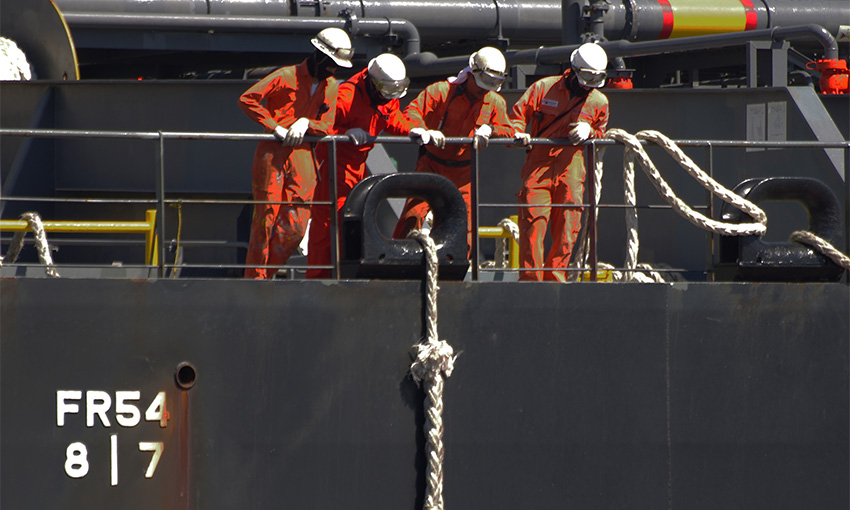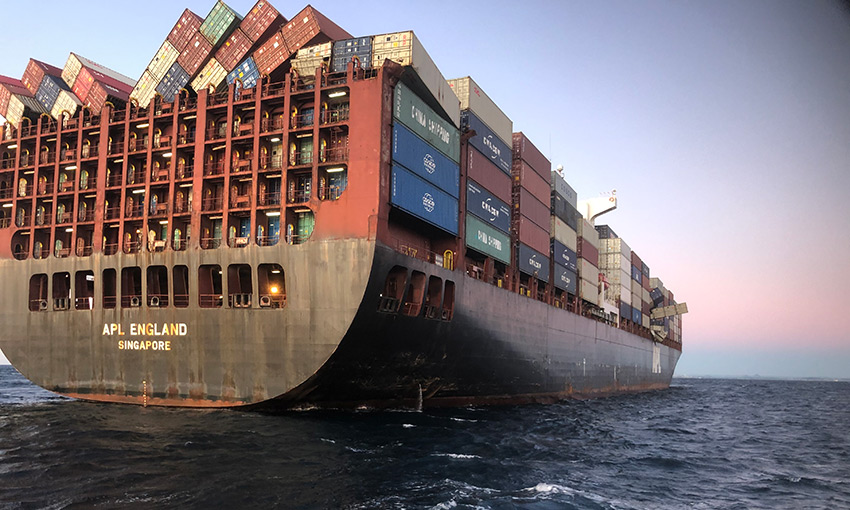LINER trade peak body the World Shipping Council has appointed an independent provider to supply the digital platform for its Cargo Safety Program.
The WSC says that despite mandatory international and national regulations on the transport of dangerous goods, these goods continue to be mis-declared or not declared, driving an alarming increase in ship fires.
In response the Council is working on improved safety measures through the CSP and has tapped the National Cargo Bureau, a non-profit organisation and “leader in delivering safety initiatives and services to the maritime industry”, to digitise the platform.
WSC says NCB’s software, Hazcheck, used for the detection, inspection, and validation of dangerous goods, is well-established in ensuring the safe and compliant transportation of cargo.
“The WSC CSP solution will be an evolution of that platform building on Hazcheck Detect, a proven cargo screening tool currently processing over 10 million bookings per month, “WSC said. “The system emphasizes the importance of standardisation and a unified approach to cargo screening and inspection, including a feedback loop for inspection results, ensuring that safety procedures are consistent and comprehensive.”
WSC president and CEO John Butler said the Council and NCB WSC and NCB have a shared commitment to the safety of life and cargo at sea. “With NCB’s considerable expertise and experience, the CSP is a substantial new tool for making workplaces safer for ship crews, transport workers, and communities, as well as enhancing operational efficiency for shippers,” he said.
The CSP will rely on a digital solution made up of a Common Screening Tool, Verified Shipper Database, and a Database of Approved Container Inspection Companies, provided and operated by NCB as an independent third-party vendor.
The core functionality of the system will be to screen booking information against a comprehensive keyword library and risk algorithm. High-risk bookings will be flagged for further investigation and/or inspection, and lessons learned through experience will be used to continuously improve the screening tool. The emphasis is on identifying and correcting worrying conditions before containers with dangerous cargoes are introduced into the supply chain.
“This common safety approach will significantly mitigate the risks associated with non-declared or improperly declared, labelled or packed dangerous goods across the supply chain. At the same time, the system will streamline the transport of compliant dangerous goods in line with national and international regulations,” the Council said.
WSC members include A.P. Møller-Maersk , COSCO including OOCL,CMA CGM Group (including ANL, APL, Containerships ), Crowley, Evergreen Marine Corporation, Hapag-Lloyd, HMM Co., Ltd, Independent Container Line, K-Line, Matson, Inc, Mediterranean Shipping Company, Mitsui O.S.K. Lines Ltd, NYK Line, Ocean Network Express (ONE), Pacific International Lines (PIL), Swire Shipping, X-Press Feeders, Wan Hai Lines Ltd, Wallenius Wilhelmsen, Yang Ming Marine Transport Corporation and ZIM Integrated Shipping Services.





